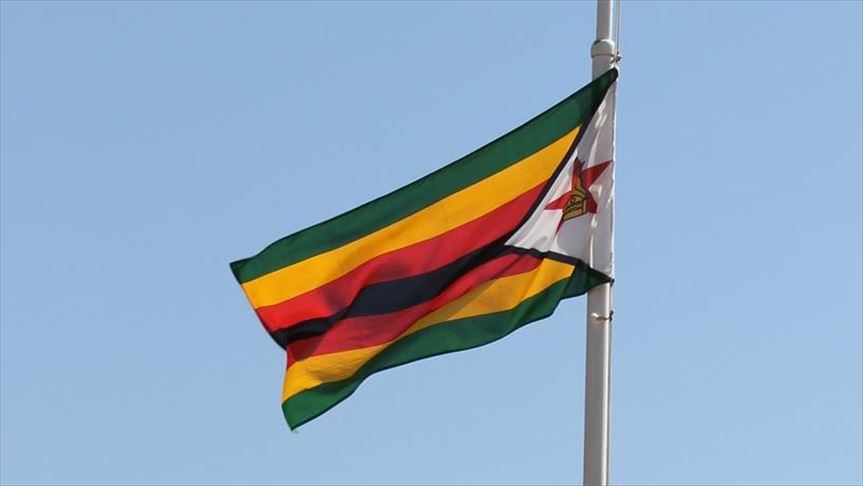By Newton Mambande
“I am against war; I am against everything”. Charles Dambudzo Marechera (1952–87)
It was almost 36 years ago when Dambudzo Marechera died in August 1987. He immortalised himself through transformative arts, promoting a peaceful environment free from war, violence, racism, tribalism and anything else that may hinder peace building.
Marechera was a literary critic and scholar as well as the best novelist, poet, essayist and playwright that Zimbabwe ever had in its history of theatre arts; whom I don’t rate among the top writers of his lifetime, notably Anua Achebe, Wole Soyinka, Peter Abrahams, Charles Mungoshi and Professor Musaemura Bonus Zimunya. All these great men had authority on English language and literature writing with a specialism in protest theatre arts focusing on nationalism, liberation from colonialism and imperialism, freedom, and democracy, but thematic areas had the objective of promoting equity and equality in a peaceful environment.
For those who love books, readers can discern that Dambudzo Marechera’s works “House of Hunger” and “Black Sunlight”, among other literary works authored by him, clearly state how and why peace results in gender inequality and inequity, poor mental health and marginalised families slipping into poverty.
Basically, elusive peace is detrimental to the economy and society, and that is why this writer has begun with a short bio of Dambudzo Marechera’s works and lifetime, as Zimbabwe is celebrating its fallen and living heroes, and Marechera is one of the decorated liberation struggle heroes, though he is not honoured by the present and previous administrations of Robert Mugabe and Emerson Mnangagwa.
Sad to note, Zimbabwe never enjoyed peace in its history in spite of protests in the theatre arts, academia and industry calling for peace and conflict resolution that will create conditions conducive to sustainable inclusive growth and an empowered society. This is evidently reflected by reports and incidences of political and electoral violence across the country.
Political violence has not only resulted in democracy deficiency and disputed election results, but it has also dented investor confidence as most existing and prospective investors would shun the country as a destination of investment by relocating to a stable political economy and shelving their plans of doing business with Zimbabwe. Therefore, ED’s “Zimbabwe is open business” mantra becomes unrealistic, implying that there would be reduced foreign direct investments (FDIs) and cash inflow, and increased capital flight, money laundering and the growth of the displacement economy.
With that in mind, the country will never achieve greater economic growth and development. It is, therefore, arguable that peace is a prerequisite for driving economic growth and development.
If there is elusive peace, there is no guarantee of the security of business and economic interests. In actual fact, peace by name is associated with a lack of rule of law and lawlessness, where the political thugs would not respect property rights and fundamental human economic rights. Such an environment scares off investors in the economy.
Although the government is preaching peace, something should be done to accelerate efforts to promote peace and conflict resolution management.
First, the government must walk the talk in dealing with perpetrators of political violence and individuals abusing property rights and fundamental human economic rights. Thus, law enforcement must be applied selectively as it stands now. The military personnel must be well equipped and have complete independence from government, political leaders and business and economic elitist groups.
Secondly, the government must open space for more civil society organisations (CSOs) and human rights defenders to take political and civic education to rural communities and marginalised groups. This will not lead to a higher level of political literacy and democracy, but it is good for creating an environment that enables the growth of business and the economy.
Importantly, the government must engage the theatre arts industry and academia through financial backing so that they can bring peace and education to the people. However, this must not be rhetoric like it is today when someone preaches about peace during the day and at night preaches war.
In sum, Zimbabwe needs peace and security. Without peace, there is no unity, sovereignty, or development in which enablers for sustainable economic growth and an empowered society would be created – Harare
Newton Mambande is reachable via the following app/call +263773411103 and e-mail newtonmunod@gmail.com


